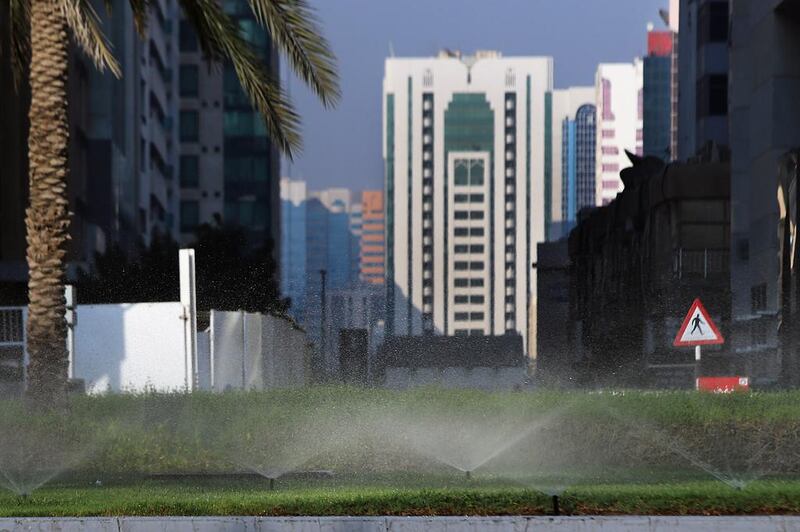Water consumption continues to be an issue in this country despite recent efforts to moderate its use. According to a new study by Prof Gokce Gunel at Columbia University, the average water use per capita in the emirate of Abu Dhabi is estimated at about 550 litres a day, almost three times the global average of 200 litres.
The number is startling, but we need to pose more questions and have more access to official data to better understand and contextualise that figure. How exactly does this number break down, how much is attributed to personal use and how much to industry?
Economic diversification has undoubtedly contributed to that large per capita consumption. For instance, we have several water-dependent industries, such as aluminium producers, but a small population. This raises the individual average, but also provides much needed context.
There is also an urgent need to find further irrigation solutions. This will bring both economic and environmental benefit to the country. Prof Gunel’s study said that irrigating the emirate’s plants, gardens and farms would exhaust groundwater reservoirs if continued at the same rate, although it is worth noting that many grass verges are maintained using treated waste water.
The reduction earlier this year of water and power subsidies will undoubtedly contribute to calming consumption. Even so, the current price of utilities remains low by global standards. The study said that as long as prices were relatively cheap, incentives to use less water were unlikely to succeed.
Simply, more must be done to change the equation. This is why Masdar’s research on sustainable supply is vital. We need new technologies that allow us to achieve water security. Grants, like the UAE Research Project for Rain Enhancement Science, are also important to encourage scientists from all over the world to participate in the process. Ultimately, a deeper understanding of the numbers that surround water consumption is the first and, arguably, the most important step to seeing off any potential crisis.





